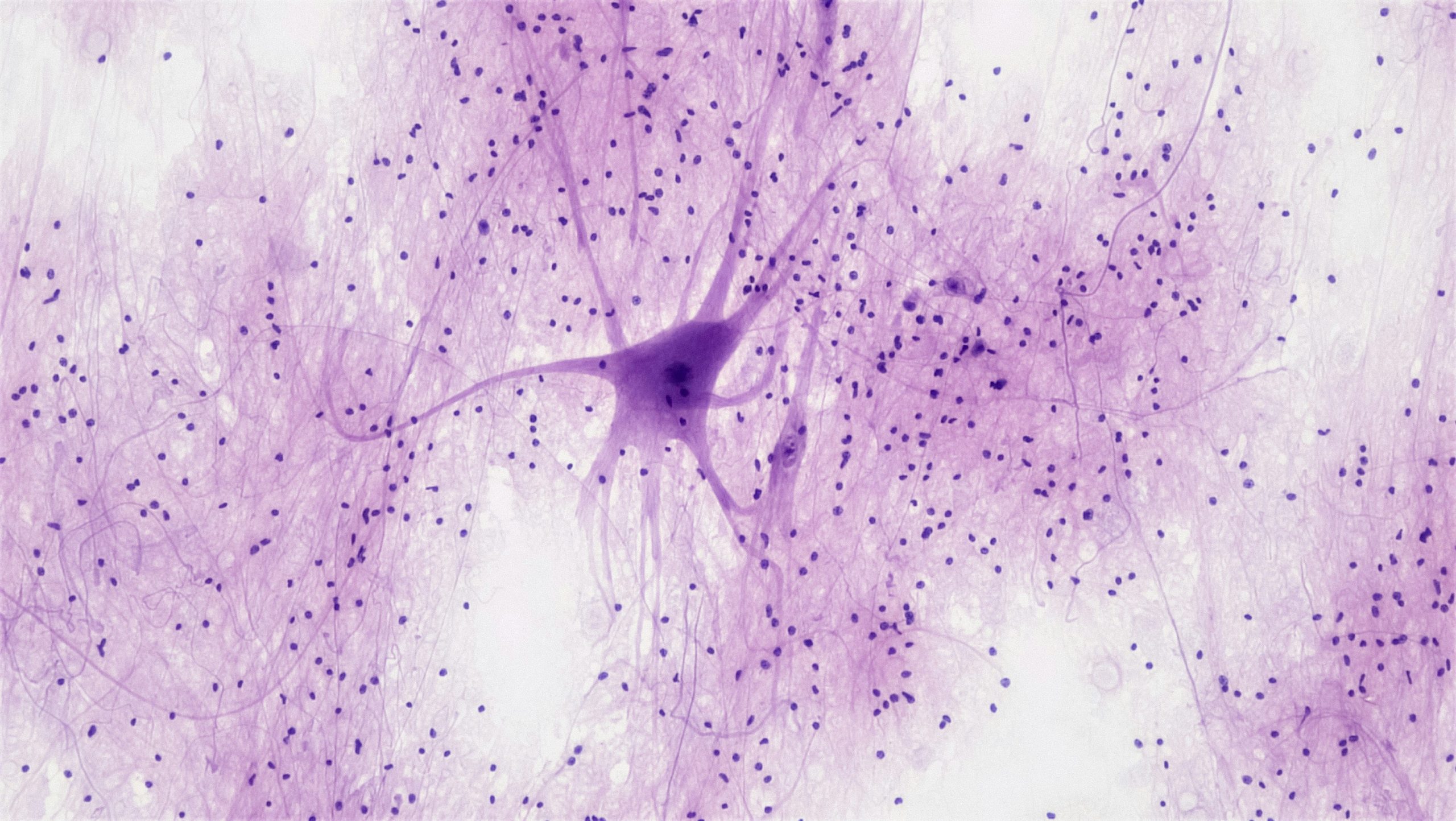by Amrutha Vudathu, Year 11, Michaela Community School, Brent.
As the lights dimmed, soft mutters around me began to disappear. Dancers dressed in vivid colours rushed onto the brightly lit stage, smiling cheerily. Heads in the audience turned to face away from their conversations to see the stage, when suddenly-
‘Right arm, throw yourself into the air’
‘Head, twist to the left like a joystick’
Yet again, my nerves were controlling my limbs without my permission. The burst of movements was embarrassing in front of a large audience and seemed impossible to suppress- the sudden and involuntary movements made me feel as if I was being controlled by a remote. I knew that my tics were back.
At the age of 11, I was diagnosed with Tourette’s Syndrome, a neurobiological condition where one experiences a variety of involuntary motor or vocal tics, ranging from blinking excessively to coprolalia, uncontrollable profanity. As a child I would find myself shrugging excessively, punching the air and mirroring the dialogue of characters on the TV ; the shrugging was not a result of my indecisiveness towards what we should eat for dinner, but rather due to a chemical imbalance in neural mechanisms in my brain.
A recent study by Wang Z showed that the urge to tic was caused by neural activity in the posterior parietal cortices, the section of the brain responsible for planning movements. Dendrites in neurons are responsible for releasing chemicals called neurotransmitters. The axon, the past of the nerve cell which receives these transmitters, then sends an electrical impulse across a synaptic gap to the adjacent nerve cell, instructing us to carry out a specific action. This increased neural activity in my brain would lead to an irresistible urge to carry out specific tics- before I knew it my shoulder would jump, leap and return to its original position.
Similar to researchers like Wang Z, neurobiologists at the children’s hospital often observed my struggle to suppress a tic. Despite most movements overpowering my will, it was sometimes possible to pause the tic- unfortunately, in all attempts, this was shortly followed by an outburst of motor tics, as if my body was compensating for my attempt to deceive my own neural activity. The physical pain from repetitive motor tics can be frustrating because painkillers don’t prevent the pain that future movements will cause. For this reason, many individuals with Tourette’s find outlets to reduce their tics instead of reducing the after effects; studies at the University of Nottingham by a team of researchers showed that individuals showed a significant decrease in the rate of their tics in the aftermath of physical exercises such as kickboxing which caused an increase in blood pressure- many individuals with Tourette’s find that involving themselves in physical activities such as working out at the gym helps to relax themselves, and to calm the tics.
Often, Tourette’s Syndrome is diagnosed alongside other disorders such as Obsessive Compulsive Disorder (OCD) and Attention Deficit/ Hyperactivity Disorder (ADHD) because ultimately, tics themselves are compulsions, and the resistance of a tic can cause the individual to experience an overwhelming urge to go out of their way to complete the movement.
In social circumstances where I met new people and wanted to make a good first impression, or in exam conditions where my flailing arms would not cease from distracting others, a strong feeling of frustration and anger would overcome me because I would feel helpless in having control of my own movements. Emotional stress exacerbated the same tics that I tried to subdue, so the social embarrassment of an outburst of tics left me wondering, when would it stop?
Nevertheless, the satisfaction of successfully completing a series of tics remained unmatched- when a strained shoulder eventually relaxed, I would feel a heavy breath of air escape me, as if I had conquered the tics.
Tourette’s Syndrome is a condition that impacts up to 1% of the teenage population, including myself, and although it can be hard to control and even frustrating when it impacts those around me, I hope that one day I’d be able to lose my tics and sit still in the audience, without worrying about the surprise movements that currently impact my everyday life.





